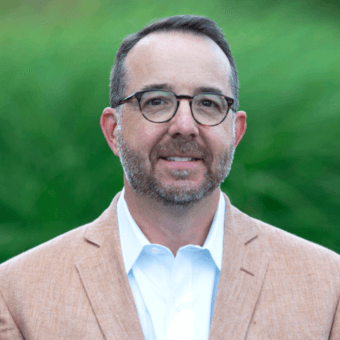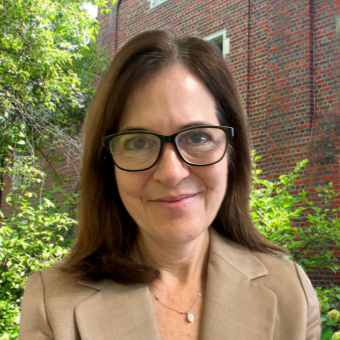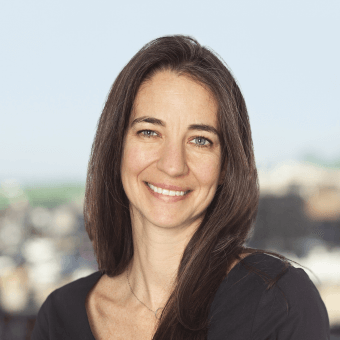- Integrated Planning
Integrated Planning
Integrated planning is a sustainable approach to planning that builds relationships, aligns the organization, and emphasizes preparedness for change.
- Topics
Topics
- Resources
Resources
Featured Formats
Popular Topics
- Events & Programs
Events & Programs
Upcoming Events
- Community
Community
The SCUP community opens a whole world of integrated planning resources, connections, and expertise.
- Integrated Planning
Integrated Planning
Integrated planning is a sustainable approach to planning that builds relationships, aligns the organization, and emphasizes preparedness for change.
- Topics
Topics
- Resources
Resources
Featured Formats
Popular Topics
- Events & Programs
Events & Programs
Upcoming Events
- Community
Community
The SCUP community opens a whole world of integrated planning resources, connections, and expertise.
Webinar
Achieving Big Carbon Reduction Goals With Small Targeted Building Actions
October 25, 2023Free Webinar 1:00 - 2:00 PM Eastern- Event Home
- Registration
In order to achieve carbon neutrality for a healthier environment, institutions must identify and solve daunting challenges relating to the age, programmatic use, energy generation, and mechanical, electric, and plumbing (MEP) systems of campus buildings. Backlogs of deferred maintenance and multiple demands on facilities budgets hinder campus decarbonization efforts, but leveraging data can help planners prioritize and achieve their goals with targeted actions for the biggest impact. This session will provide insight on useful data types for existing building stock and a process for existing conditions exploration to address carbon neutrality and deferred maintenance within time and budget constraints.
What this will cover:
How these institutions are tackling carbon reduction goals while addressing other building priorities:- Wellesley College
- UMass Dartmouth
- Amherst College
- MIT
- Brandeis University
Learning Outcomes:
- Detail an existing conditions exploration process to address the characteristics and challenges of each of the buildings on your campus relative to your carbon reduction goals.
- Describe an inclusive process of engaging various stakeholders and leveraging collected data to prioritize projects for a healthier, carbon-neutral campus.
- Evaluate the energy use intensity (EUI) implications of targeted building actions and establish priorities.
- Identify ways to fit and phase project schedules into institutional calendars to create less disruption.
AIA LU/HSW 1.0 Unit (SCUPC23C2570)
AICP CM 1.0 UnitPresenters
Principal/President, Director of SustainabilityFinegold Alexander ArchitectsVice President, PartnerCMTADirector for Planning, Design & ConstructionWellesley CollegeSenior Associate, Sustainability StrategistFinegold Alexander ArchitectsThis program will be recorded.
Closed captioning via Zoom will be provided for this webinar.Registration
Cost Live Event Member Free Non-Member Free Cost Recording Member Free Non-Member $35 Note: Recordings will be available for purchase 24 hours after the live event.
Registration closes on October 4 at 12:45 PM Eastern.
Please contact the SCUP Webinar Team at webinars@scup.org with any questions.
- Topics
- Topics






